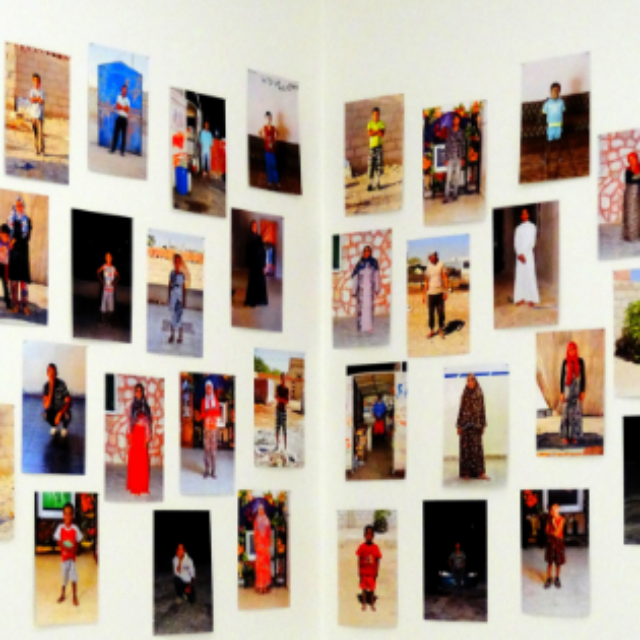By Rabbi Joel Mosbacher
I write to you from the annual convention of the Central Conference of American Rabbis, being held this week in Irvine, California. It is always a great time to catch up with colleagues and friends, to learn about the “state of the art” in synagogue life, and to learn words of Torah from some of the greatest Jewish teachers of our time.
I just came from a session with one of my very favorite teachers, Dr. Michael Marmur, who brought this text. See if you can name the originator of these words and, if you are unable to do so without looking below, see if you can guess when it was written.
“In terms of statistics, the individual man is an insignificant specimen compared with the totality of the human species. So why should life and the dignity of an individual man be regarded as infinitely precious? Because a human is not just being-around, being here-too, a being to be assessed and classified in terms of quantity. A human being is a disclosure of the divine. The grandeur of a human being is revealed in the power of being human. What is the meaning of human being? In dealing with a particular man, I do not come upon a generality but upon an individuality, upon uniqueness, upon a person. I see a face, not only a body; a special situation, not a typical case.”
As Dr. Marmur said this morning, “the man had a way with words.”
That man, the author of this text, was Rabbi Abraham Joshua Heschel, and these words are excerpted from a talk he delivered to the American Medical Association in 1964.
Of Heschel, Dr. Marmur said, “he was invited to speak in many places in his life – usually only once. He saw it as his job to discomfort the people he was speaking to.”
In this talk, Heschel essentially agitates doctors to think first of the patient, and then and only then of the golf course and the salary.
Wow. I am not surprised the AMA never invited him back!
But Heschel’s words can speak to all of us in this moment in our history. How hard is it, as we walk down the street, taught as we are as New Yorkers not to make eye contact, to “see a face, not a body” in the others we pass?
And as we prepare to sit once again at seder tables, both with loved ones and new friends, both those with whom we agree and those with whose opinions we profoundly disagree, how challenging is it to see “a special situation, not a typical case”?
Heschel calls us, 54 years on, to see the humanity in other people – to see their uniqueness, to hear their story, to take the time to truly listen and understand what drives and animates them.
What Heschel writes in one of his seminal works, The Sabbath, applies here, too.
“Time and space are interrelated. To overlook either of them is to be partially blind. What we plead against is man’s unconditional surrender to space, his enslavement to things. We must not forget that it is not a thing that lends significance to a moment; it is the moment that lends significance to things.”
Take a moment today, this week, this Shabbat, this Passover, to inhabit Heschel’s uncomfortable call to us. Take a moment to look at a stranger, or even someone you know well, as if they were “a disclosure of the divine.” As you consider the things in your life, pretend for a moment that Heschel is right – that “it is not a thing that lends significance to a moment; it is the moment that lends significance to things.”
Try, if you can (and it isn’t easy!), to treat yourself and those around you as infinitely precious.
See how that changes time for you. See how it changes your feelings about others – those you agree with and those you don’t; those you love and those strangers who take up more than their share of space in the subway.
I wonder how it might change your perspective on the golf course, the salary, and the people in your life.
Heschel didn’t get invited back to the AMA. Was it because he was wrong? Or because he was painfully right?

